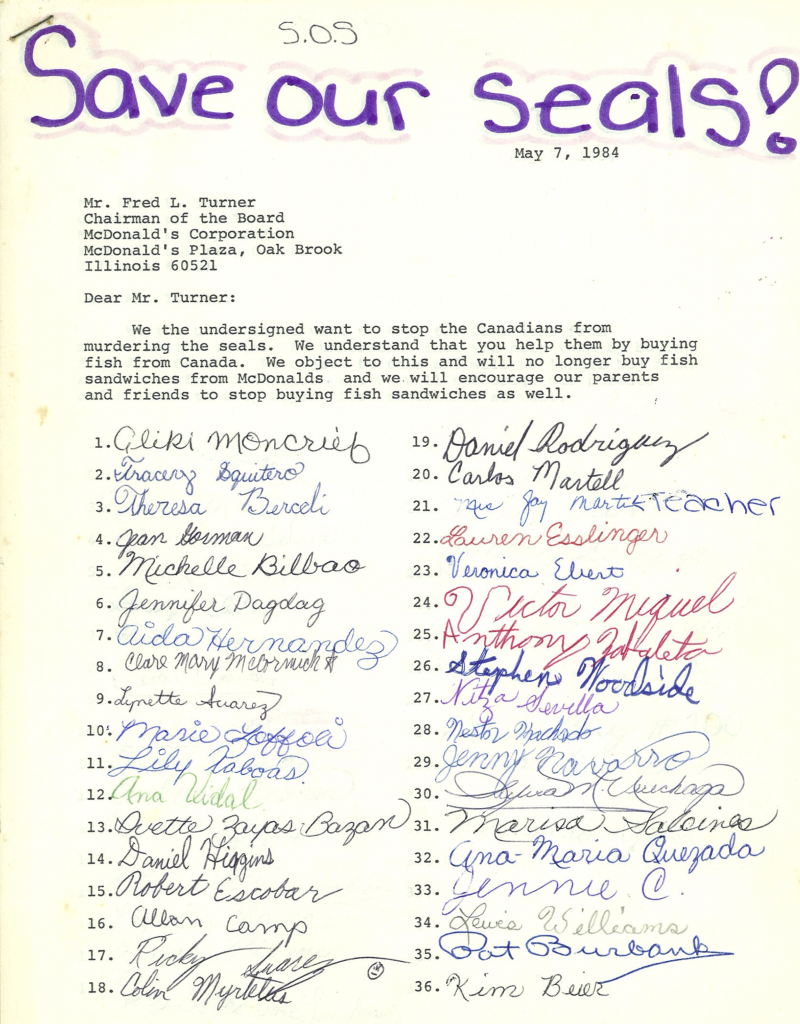My connection to nature started with my love for animals. I can’t remember when or why animals first caught my attention, although I’m sure it most likely started with my first hamster or first family puppy, “Muffin.” I have no idea how I made the leap from connecting with our family dog to wild animals of the world. I vividly remember Mutual of Omaha’s Wild Kingdom, which I watched religiously, always fascinated by the incredible diversity of life on our planet. The first book I remember receiving as a gift (and which I still have) was a two-inch thick Illustrated World Encyclopedia of Animals. Growing up in Miami gave me the opportunity to immerse myself in nature, which I most often did by riding my bike for as long as daylight would allow me. While I didn’t encounter tigers, penguins, antelopes, or other wild animals from the pages of my encyclopedia on my rides, the egrets, fiddler crabs, dragonflies, and other Florida wildlife were just as fascinating, if not more so because of their proximity. On my longest rides, I ventured five miles from my home near US 1 all the way to Matheson Hammock Park. I took every chance I had to jump on my red, 10-speed Schwinn and head to Matheson, and will be forever grateful for the independence and access it gave me to explore Miami’s natural gems.
Aside from learning everything I could about animals and finding independence by riding my bike, I think that righteous indignation was probably the other defining characteristic of my childhood self. I now laugh with my mother about her sixth sense being her ability to see injustice, and realize that my inclination to stand up for the “underdog” goes as far back for me as my love of animals.

When I first answered a call to action to stand up for animals on a global scale I was in 4th Grade. An ad running in the paper calling for a boycott of Canadian seafood in order to halt the commercial hunting of seals. It specifically asked readers to petition McDonald’s and Burger King to stop buying fish from Canada. The grainy image of a seal pup — with its soft, white fur and puppy-dog eyes — and the thought of its slaughter made me spring into action, and I called upon all of my classmates to sign a petition urging the two fast-food giants to boycott Canadian fish. I later learned that Canada did in fact ban the slaughter of seal pups (the seal hunt is still allowed, but not of newborn, young pups). Every one of my classmates signed the petitions, and I learned the valuable lesson as a child that everyone – especially children – can make the world a better place through advocacy.
Fast forward through my school years and I eventually concluded the best way to be an advocate for others would be to go to law school. So I did. Because of Harvard Law School’s incredible public interest law program, I was fortunate to intern at environmental non-profits like Earthjustice and The Wilderness Society while in school. And even more importantly, the HLS Low Income Protection Program provided the financial support that enabled me to work for non-profit advocacy and law firms after I graduated. I worked for years as an environmental lawyer, starting out in the nonprofit world for groups like Earthjustice, and ultimately lead the enforcement litigation section of our state environmental agency, the Department of Environmental Protection.
One of my key lessons from my experience as a lawyer brought me to where I am today — engaging Floridians in our democracy and electing lawmakers who will protect our environment and healthy communities for everyone. Too often, I witnessed how years of work and huge legal victories can be undone with just “one stroke of a pen.” Expert lawyers can bring and win all the lawsuits in the world to protect the environment, but if we do not have lawmakers who care about the environment or respect the outcomes of those legal victories, those environmental wins can – and will -be undone.
I honestly never thought I would work in politics, but now I know that politics is where people can come together and build collective power to protect the environment and the health of our communities. I remind myself every day that “politics” is from the Greek word for “people” (and I have to thank my Mom again here, for always pointing out the Greek origins of words to me). “Politikos” means “of, for, or relating to the citizen.” It’s how members of a community engage with each other across lines of difference to advocate for our shared, public interests — like protecting clean air, clean water, natural spaces, and a healthy quality of life for everyone.




